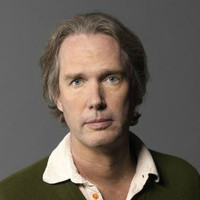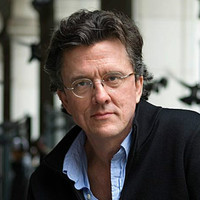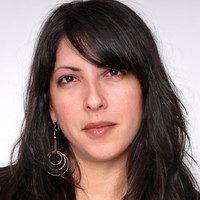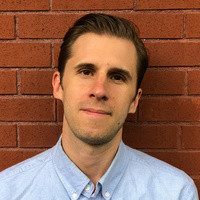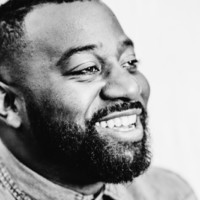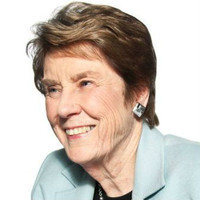Ta-Nehisi Coates is the author of The Beautiful Struggle, We Were Eight Years in Power, and Between the World and Me. His new novel is The Water Dancer. Chris Jackson is Coates's editor, and the publisher and editor-in-chief of One World.
“I don’t think an essay works unless I can pin a story to it. You don’t want people to just say, ‘Oh that was a cool argument.’ You want people to say, ‘I could not stop thinking about this.’ You want them to nudge their wives and husbands and say, ‘You have to read this.’ You want them to be bothered by it.”
Thanks to MailChimp, Squarespace, Vistaprint, and Pitt Writers for sponsoring this week's episode.
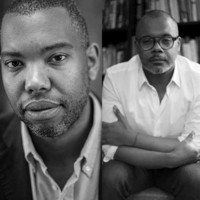
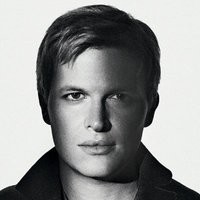
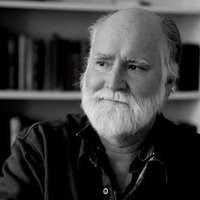
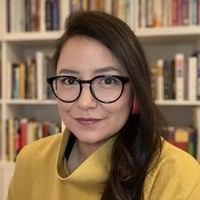
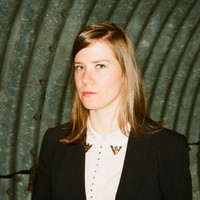


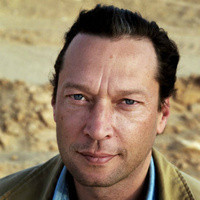



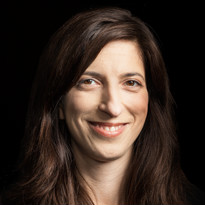 Pamela Colloff is an executive editor and staff writer at Texas Monthly.
Pamela Colloff is an executive editor and staff writer at Texas Monthly.
 Mimi Swartz has written for Talk, The New Yorker and Vogue. She is an executive editor at Texas Monthly.
Mimi Swartz has written for Talk, The New Yorker and Vogue. She is an executive editor at Texas Monthly.
